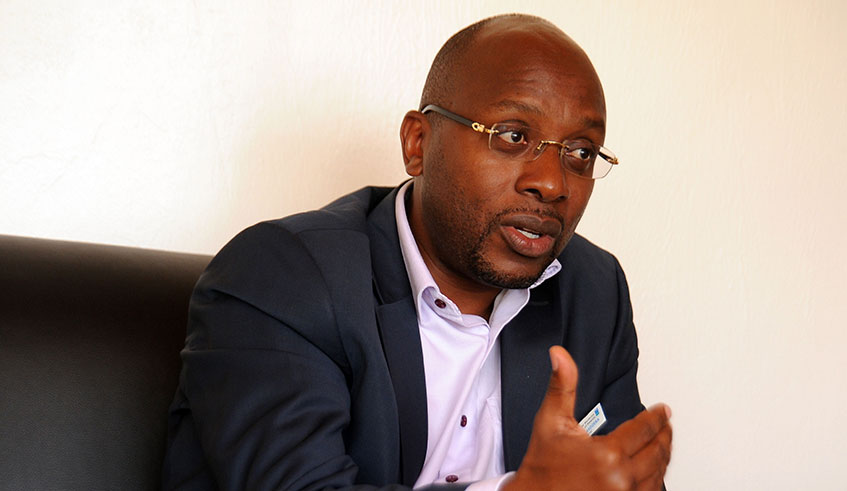

Works to upgrade the National Liberation Park Museum are expected to conclude in June this year, the Institute of National Museums of Rwanda (INMR) has confirmed on Monday.
Commonly referred to as Umulindi w’Intwari, the museum is located in Nyakabungo village of Mulindi cell, Kaniga sector in Gicumbi District, Northern Province.
It was, for the largest part of the four-year liberation struggle (1990-94), the headquarters of the Rwanda Patriotic Front RPF that not only liberated the country but also stopped the 1994 Genocide against the Tutsi.
READ ALSO: Upgrade Mulindi Museum to generate Rwf150 million annually
Among the significant features of the museum is an L-Shaped bunker that used to serve as office of President Paul Kagame who was the Chairman of the High Command of the struggle.
Speaking to The New Times, Amb. Robert Masozera, Director General of the Institute of National Museums of Rwanda (INMR), noted that the rehabilitation was necessary.


An artistic impression of the National Liberation Park Museum. Courtesy
"The upgrade is timely because the museum lacked an exhibition facility, and by constructing it we will be ensuring that the heritage of the liberation battle is well preserved,” he said.
Complete liberation story
"Once the exhibition facility is completed in June this year, it will be home to the whole story of the liberation war from its roots up to the end of it in details”.
"The upgrade will include exhibition rooms that will tell that story with the use of audio-visual documentaries, maps used to guide the liberation, equipment used in the struggle, among other artefacts,” he explained.
It is estimated that the Museum will attract between 120,000 and 150,000 visitors every year, generating over Rwf150 million.
Statistics by INMR show that at least between 180,000 and 200,000 people visit the current eight museums around the country every year while the number was not more than 1,000 before 1994 Genocide against the Tutsi.


